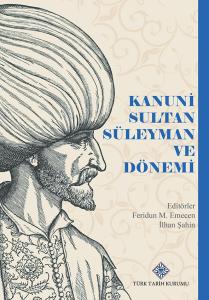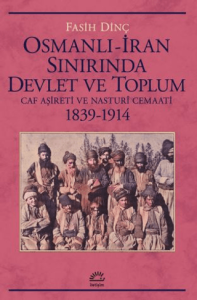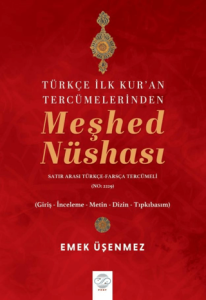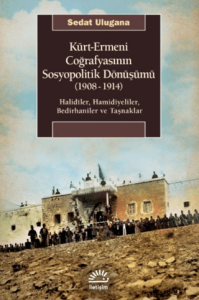A History of Turkistan in the Nineteenth Century Motives Process and Aftermath of Russian Invasions

This book is mainly focused on the nineteenth century Turkistan history however, it provides brief summaries for the history and goography of central asia and insightful information for central asias socio- cultural aspects. It is made of five chapters including introductory and concluding chapters.
The introductory chapter gives a short history of turkistan and a brief summary of central asian geography. The second chapters details russias movites in invading turkistan in the nineteenth century the third chapter discusses russian military actions and wars for the invasion of turkistan the fourth chapter explains changes made by russian invasions in central asia. And the final chapter concludes the whole book.
At the of the nineteenth century turkistan was a free place, not yet invaded by any imperialist state. The region comprised large lands, china and mongolia in the east afghanistan and hindikush mountains in the south ıran and the caspian sea in the west and kazakh steppes and russian siberia in the north. over these large lands there were mainly three free turkısh khanates namely khiva bukhara and free turkmen tribes in turkmenistan culturally economically and socially these places were to some extend isolated from the rest of the world because of surrounding hostile states and harsh geographic barriers. Turkistan was an immature place as far its modernization was corcerned ıt was difficult for her to stay free for a long time since imperialist powers interests intensified toward the region ın this respect russia saw turkistan as her "natural back garden" while great britain doggedly pursued her vital interest in india.
Russian invasions of tuırkistan starded in the mid nineteenth century. Having advanced military powers russia did not have great obstacles as long as wars with the local khanates were concerned serious obstacles they faced only from the turkmens whom suffered the most in russian invasions underdeveloped military political and economical powers of the khanates were easily crushed by the russians and the russians succeeded in controlling the whole region in the 1880s. after establishing her supremacy in the region, the Russians undertook to establish a long-last-ing Russian imperial rule in Turkistan. She divided the region to establish military rules, develop her economic interests and prolong the palitical power in Asia. Locals suffered the most from bloody wars, foreign corrupt rules and harms to their traditional way of life.
This book is mainly focused on the nineteenth century Turkistan history however, it provides brief summaries for the history and goography of central asia and insightful information for central asias socio- cultural aspects. It is made of five chapters including introductory and concluding chapters.
The introductory chapter gives a short history of turkistan and a brief summary of central asian geography. The second chapters details russias movites in invading turkistan in the nineteenth century the third chapter discusses russian military actions and wars for the invasion of turkistan the fourth chapter explains changes made by russian invasions in central asia. And the final chapter concludes the whole book.
At the of the nineteenth century turkistan was a free place, not yet invaded by any imperialist state. The region comprised large lands, china and mongolia in the east afghanistan and hindikush mountains in the south ıran and the caspian sea in the west and kazakh steppes and russian siberia in the north. over these large lands there were mainly three free turkısh khanates namely khiva bukhara and free turkmen tribes in turkmenistan culturally economically and socially these places were to some extend isolated from the rest of the world because of surrounding hostile states and harsh geographic barriers. Turkistan was an immature place as far its modernization was corcerned ıt was difficult for her to stay free for a long time since imperialist powers interests intensified toward the region ın this respect russia saw turkistan as her "natural back garden" while great britain doggedly pursued her vital interest in india.
Russian invasions of tuırkistan starded in the mid nineteenth century. Having advanced military powers russia did not have great obstacles as long as wars with the local khanates were concerned serious obstacles they faced only from the turkmens whom suffered the most in russian invasions underdeveloped military political and economical powers of the khanates were easily crushed by the russians and the russians succeeded in controlling the whole region in the 1880s. after establishing her supremacy in the region, the Russians undertook to establish a long-last-ing Russian imperial rule in Turkistan. She divided the region to establish military rules, develop her economic interests and prolong the palitical power in Asia. Locals suffered the most from bloody wars, foreign corrupt rules and harms to their traditional way of life.




















